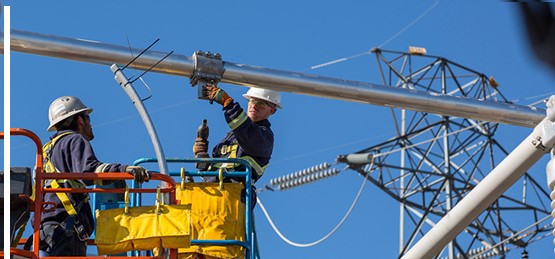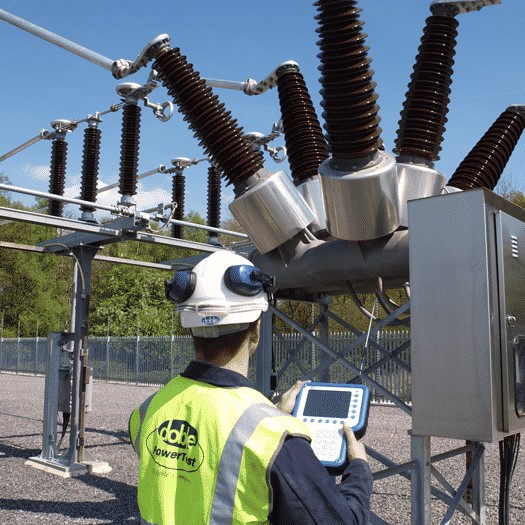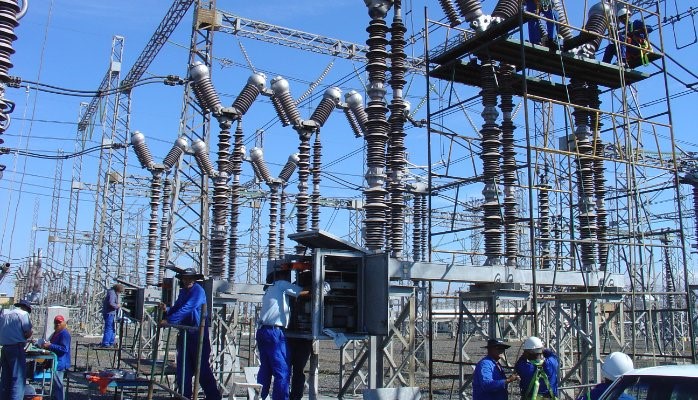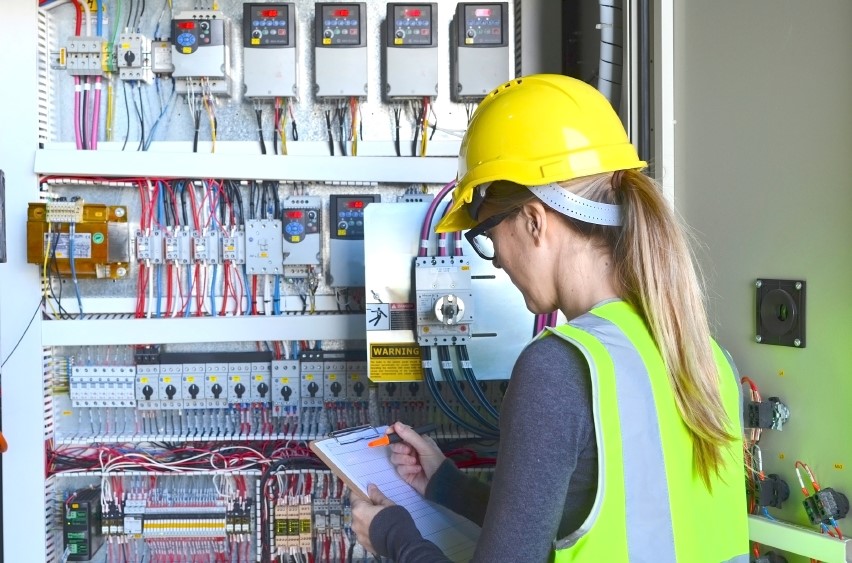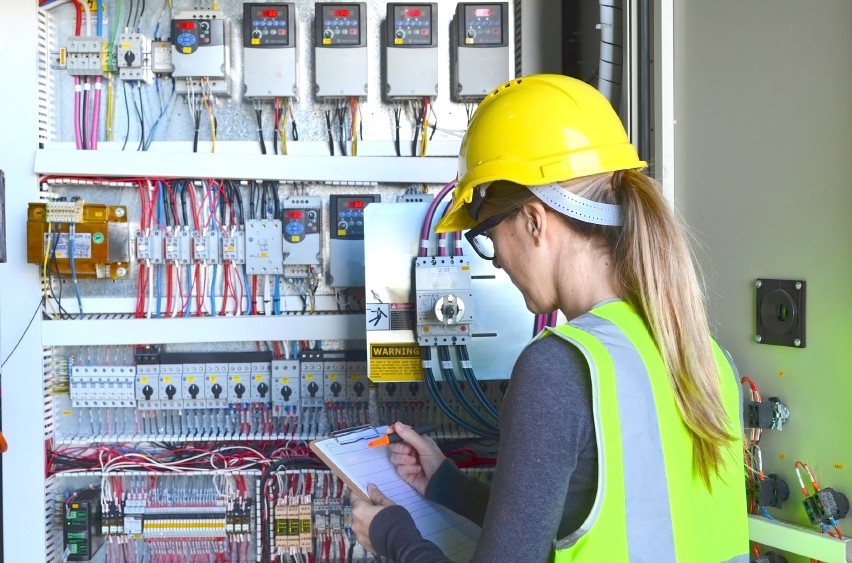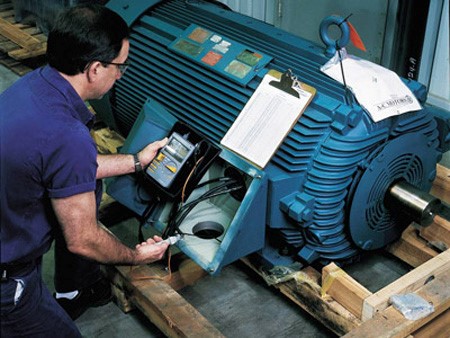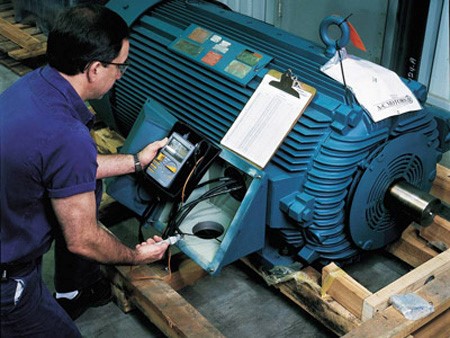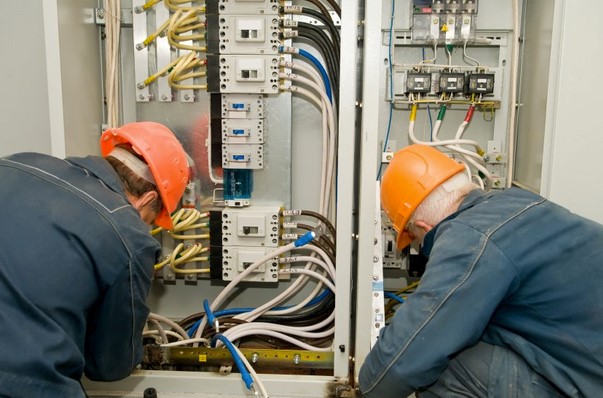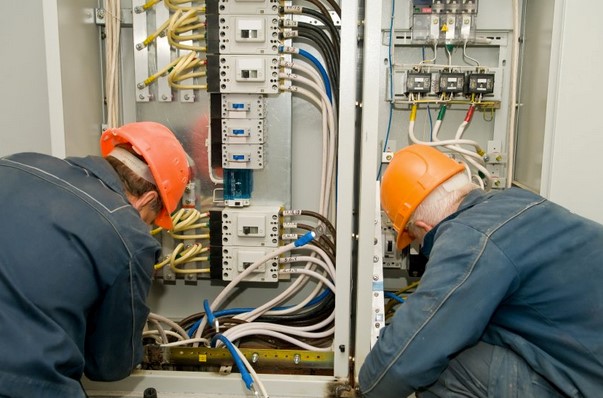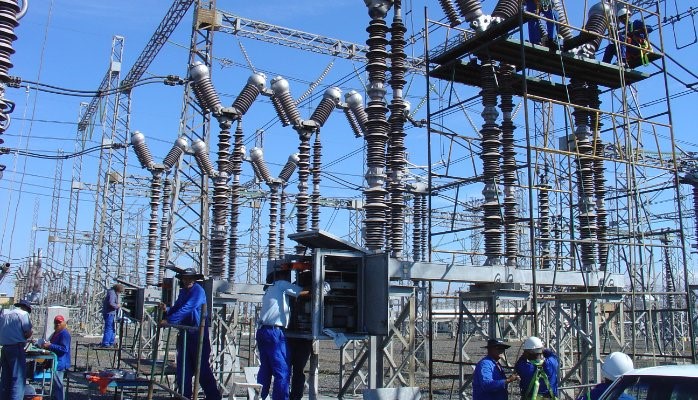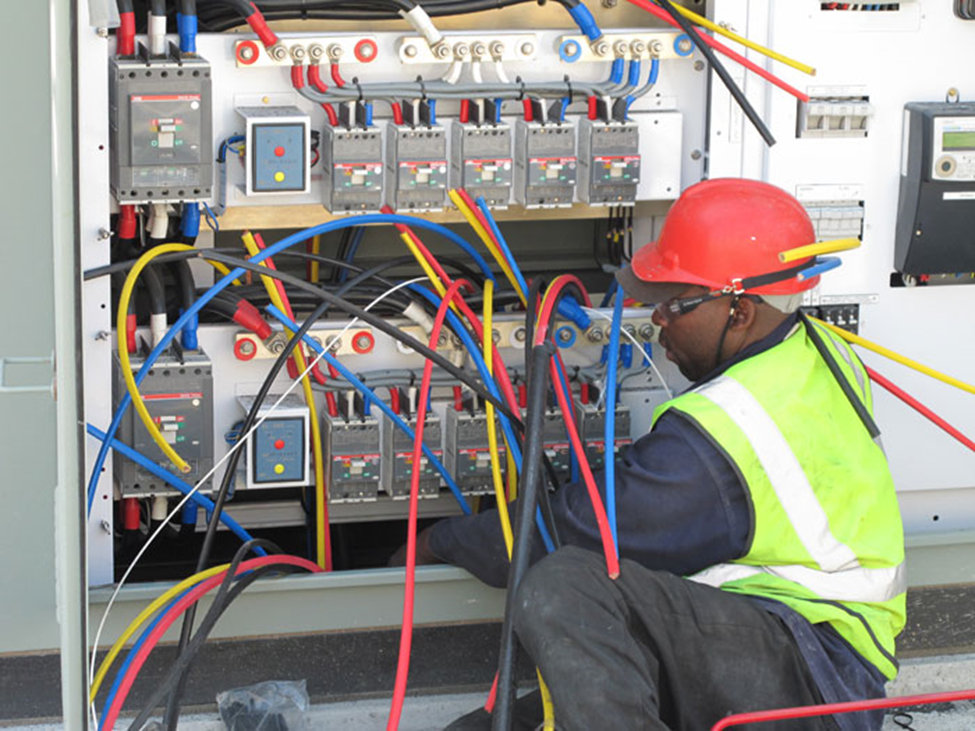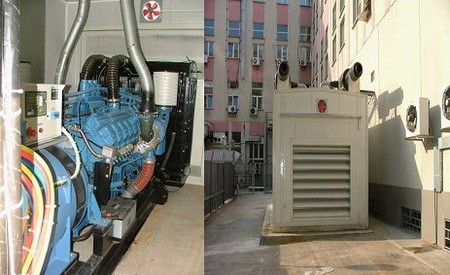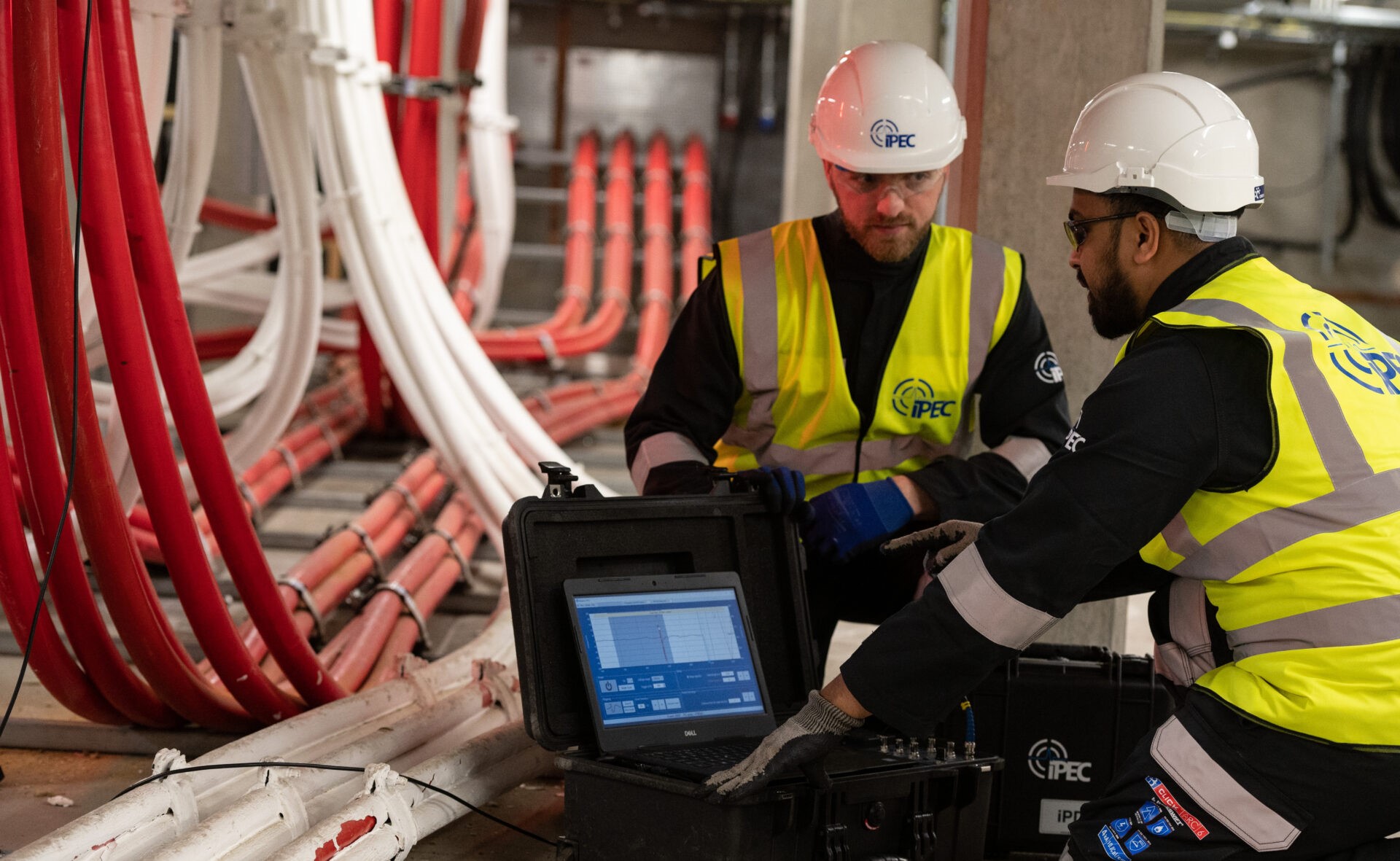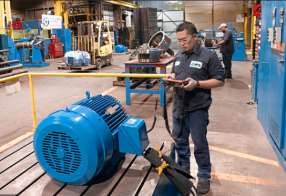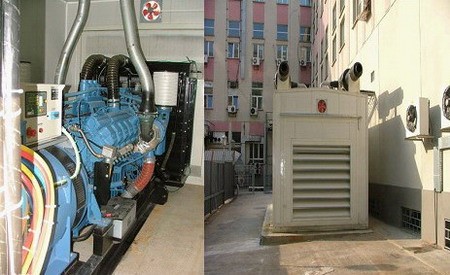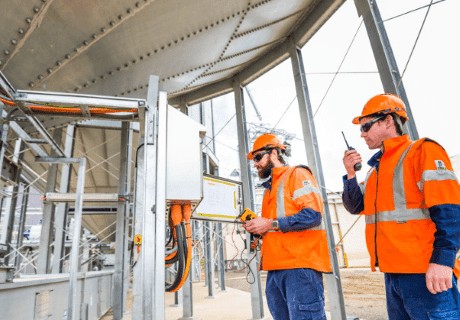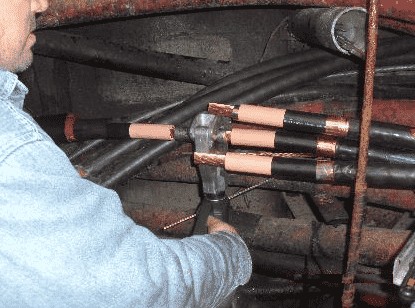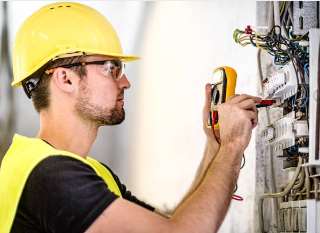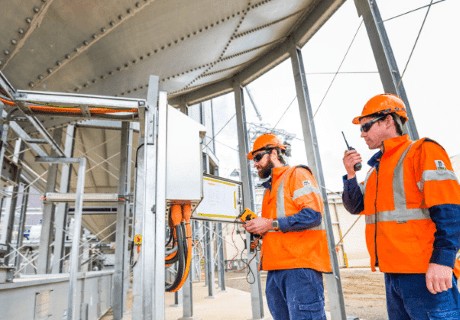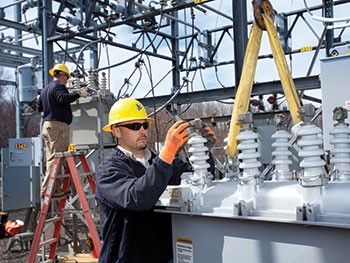TRAINING COURSES
📚 Courses We Offer 📚
Electrical & Power Engineering
Explore our expertly curated courses designed to elevate your skills and knowledge.
- EE0050S3 : High and Medium Voltage Substation Design, Testing and Maintenance
- Date : Jan 18 - Jan 22 2026 / 5 Days
- Location : Dubai, UAE
- Course Details
- EE0421 : Electrical Transformers & Switchgears Faults, Inspection, Testing, Maintenance & Troubleshooting
- Date : Jan 25 - Jan 29 2026 / 5 Days
- Location : Doha, Qatar
- Course Details
- EE0050 : HV/MV Substation Design, Installation, Commissioning, Testing, Operation, Control & Maintenance
- Date : Feb 01 - Feb 05 2026 / 5 Days
- Location : Dubai, UAE
- Course Details
- EE0625 : Electrical High Voltage System Protection and Studies
- Date : Jan 11 - Jan 15 2026 / 5 Days
- Location : Dubai, UAE
- Course Details
- EE0625 : Electrical High Voltage System Protection and Studies
- Date : Mar 29 - Apr 02 2026 / 5 Days
- Location : Muscat, Oman
- Course Details
- EE0135 : Variable Speed Drive, Hands-On Course
- Date : Mar 29 - Apr 02 2026 / 5 Days
- Location : Dubai, UAE
- Course Details
- EE0135 : Variable Speed Drive, Hands-On Course
- Date : Feb 08 - Feb 12 2026 / 5 Days
- Location : Muscat, Oman
- Course Details
- EE0834 : Electrical Power System Analysis (ETAP)
- Date : Feb 08 - Feb 12 2026 / 5 Days
- Location : Dubai, UAE
- Course Details
- EE0834 : Electrical Power System Analysis (ETAP)
- Date : Jan 04 - Jan 08 2026 / 5 Days
- Location : Muscat, Oman
- Course Details
- EE0050 : تشغيل وصبانة المعدات بمحطات التحويل الكهربائية
- Date : Jan 04 - Jan 08 2026 / 5 Days
- Location : Al Khobar, KSA
- Course Details
- EE0326 : تحديد الأعطال في الأنظمة الكهربائية
- Date : Jan 18 - Jan 22 2026 / 5 Days
- Location : Kuwait
- Course Details
- EE0130 : (UPS) أجهزة التيار الغير منقطع
- Date : Mar 29 - Apr 02 2026 / 5 Days
- Location : Kuwait
- Course Details
- EE1144 : مواصفات وصيانة الخطوط الهوائية والكيبلات الأرضية
- Date : Feb 01 - Feb 05 2026 / 5 Days
- Location : Al Khobar, KSA
- Course Details
- EE1171 : Electrical High Voltage System Protection & Studies
- Date : Mar 29 - Apr 02 2026 / 5 Days
- Location : Muscat, Oman
- Course Details
- EE0634 : Advanced Electrical Safety
- Date : Feb 01 - Feb 05 2026 / 5 Days
- Location : Doha, Qatar
- Course Details
- EE0634 : Advanced Electrical Safety
- Date : Aug 02 - Aug 06 2026 / 5 Days
- Location : Doha, Qatar
- Course Details
- EE0423 : Electrical Motor Current Signature Analysis (MCSA)
- Date : Jan 11 - Jan 15 2026 / 5 Days
- Location : Kuala Lumpur, Malaysia
- Course Details
- EE0130 : Maintenance and Troubleshooting of Industrial UPS Systems and Battery Power Supplies
- Date : Jan 04 - Jan 08 2026 / 5 Days
- Location : Doha, Qatar
- Course Details
- EE0221 : Hazardous Area Equipment Inspection and Maintenance Certification
- Date : Jan 04 - Jan 08 2026 / 5 Days
- Location : Al Khobar, KSA
- Course Details
- EE0441 : HV LV Electrical Authorization Certification for Electrical Team
- Date : Jan 11 - Jan 15 2026 / 5 Days
- Location : Dubai, UAE
- Course Details
- EE0763 : 115KV Cable Splicing Training and Certification
- Date : Jan 11 - Jan 15 2026 / 5 Days
- Location : Doha, Qatar
- Course Details
- EE0452 : Certified Switchman: High Voltage Switching Operations
- Date : Jan 11 - Jan 15 2026 / 5 Days
- Location : Dubai, UAE
- Course Details
- EE0167 : Hazardous Area Classification and Intrinsic Safety IEC 60079 ATEX 95 137 and API RP 500 505
- Date : Jan 11 - Jan 15 2026 / 5 Days
- Location : Al Khobar, KSA
- Course Details
- EE0007 : Transformer Operation Maintenance Diagnosis Testing and Lifetime Extension
- Date : Jan 19 - Jan 22 2026 / 4 Days
- Location : Abu Dhabi, UAE
- Course Details
Electrical Power Engineering Training
Sharpen Your Engineering Skills with Industry-Leading Technical Programs
We offer advanced Electrical Power Engineering training designed for professionals working in high-risk, high-performance sectors like oil, gas, power, petrochemicals, and heavy industries. Our programs give engineers the tools and technical knowledge needed to handle complex systems with efficiency, accuracy, and safety.
What Sets Us Apart in Technical Training?
As the world’s largest accredited provider of technical training, Haward Technology Middle East delivers practical, experience-driven learning to engineers around the globe. Our mission is simple: bridge the technical skills gap by offering high-quality programs backed by real-world expertise.
With over 8,000 courses across multiple disciplines and a faculty of more than 800 industry veterans, our training equips professionals with insights that can only come from hands-on experience and innovation.
Flexible Electrical Engineer Courses Online
To meet the evolving needs of today’s workforce, we offer electrical engineer courses online that combine global standards with local relevance. These remote learning options are ideal for engineers who want to upskill without pausing their careers.
Each course is designed to provide both foundational knowledge and advanced application. No matter if you're involved in power distribution, system design, or maintenance planning, these programs give you the tools to work smarter and safer.
Popular course topics include:
- Fundamentals of Electrical Power Systems
- Substation Design and Operation
- Power System Protection and Relays
- High Voltage Engineering and Safety Practices
Courses are delivered by experts who understand the demands of the electrical industry and offer practical solutions based on real-world experience.
Recognized Certification Courses for Electrical Engineers
Professionals seeking to verify their skills and enhance their qualifications can benefit from our certification courses for electrical engineers. These programs offer comprehensive coverage of key topics and provide industry-recognized certification upon completion.
This certification signals to employers and clients that you understand the latest technologies and can apply them effectively in your field. Programs are built for flexibility, so you can study at your own pace while still meeting work commitments.
Participants commonly move into roles such as:
- Electrical Design Engineers
- Power System Analysts
- Control and Instrumentation Specialists
- Energy Consultants
The certificate also helps professionals meet compliance standards and improve their chances for promotions and leadership roles.
In-Depth Electrical Engineer Training Courses
Our electrical engineer training courses offer a balanced mix of theory and practice, covering everything, including system fundamentals and advanced troubleshooting techniques. With a focus on safety, energy efficiency, and reliability, these programs are valuable for engineers at every stage of their careers. Core focus areas include:
- Transformer Operation and Maintenance
- Generator Control Systems
- Electrical Load Forecasting
- Fault Analysis and Risk Reduction
- SCADA and Smart Grid Technologies
These courses are ideal for:
- Fresh graduates entering the power sector
- Mid-level engineers expanding their skill set
- Senior professionals preparing for project management or advisory roles
Every course includes lectures, technical workshops, simulations, and case studies to strengthen understanding and practical application.
Practical Electrical Training Courses Built for Industry
Our electrical training courses are shaped by the needs of industries that rely on high-performance electrical systems. These programs provide hands-on knowledge for real scenarios, helping engineers not just solve problems, but prevent them.
Key areas covered include:
- Electrical Safety and Arc Flash Analysis
- Power Factor Correction
- Cable Selection and Installation Standards
- Energy Audits and System Efficiency
- Emergency Power Systems and UPS
The courses benefit professionals involved in:
- Plant maintenance and operations
- Engineering design and construction
- Utility system planning
- Industrial automation
With access to simulators, real-world data, and collaborative group sessions, engineers walk away ready to apply what they’ve learned.
Our Hands-On Training Method: More Than Just Theory
Haward Technology Middle East goes beyond classroom instruction. Our training combines real-life examples, expert-led sessions, and advanced tools to give engineers practical, usable knowledge. Our approach includes:
- Detailed Lectures
- Interactive Workshops
- Hands-On Exercises
- Software & Hardware Simulations
- Case-Based Problem Solving
- Multimedia & Video Demonstrations
Each course is structured to help participants understand how to apply their learning directly in operational environments. Group discussions and assessments are also integrated to boost knowledge retention and peer learning.
Learn from Top Professionals in the Power Sector
Our instructors are not just trainers; they’re pioneers in their fields. Many hold patents, lead industry research, or serve as consultants to major international energy companies.
With years of on-site experience and academic expertise, they provide participants with a clear understanding of both theoretical principles and technical realities.
Take the Next Step in Your Engineering Career
Looking to move forward in your profession? Haward Technology Middle East offers a wide range of opportunities to do just that. Enroll in electrical engineer courses online, earn credentials through our certification courses for electrical engineers, or build practical expertise with our electrical engineer training courses and electrical training courses.
Visit our website to explore programs or get in touch for tailored advice. With Haward Technology Middle East, you're not just learning, you’re building a smarter, stronger future in electrical engineering.

